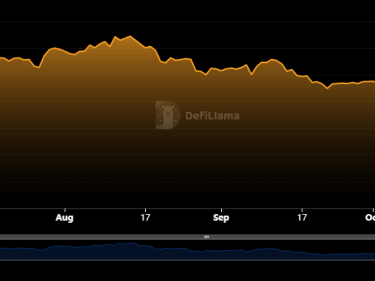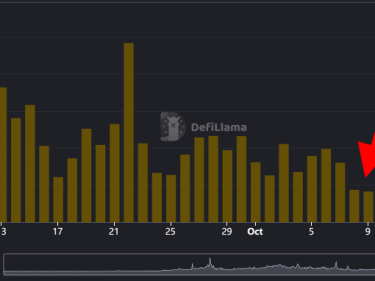Leading Swiss-based financial institution and bank PostFinance has entered a partnership with Sygnum, the world’s first digital asset bank, to offer a suite of crypto banking services to its customers.
PostFinance to Offer Crypto via Sygnum
According to a blog post, the partnership will enable PostFinance to expand its digital asset products for customers. The retail bank’s clients will be able to purchase, store, and sell crypto assets like bitcoin (BTC) and ether (ETH).
Commenting on the alliance, Philipp Merkt, Chief Investment Officer of PostFinance, said:
“Digital assets have become an integral part of the financial world, and our customers want access to this market at PostFinance, their trusted principal bank. A reputable and established partner like Sygnum Bank with an excellent service offering is more important than ever.”
PostFinance’s customers will gain access to the bank’s crypto services through Sygnum’s business-to-business (B2B) banking platform. Sygnum’s B2B enables partner banks to enjoy regulated and compliant products in a fast and cost-effective way.
As a bridge between crypto and traditional finance, the digital asset banking platform will provide PostFinance with a range of cryptocurrencies and revenue-generating services like staking.
PostFinance said it discovered that its customers had strong demand for crypto investment services. The bank will leverage Sygnum’s platform to integrate the new offering into its infrastructure.
“Our all-in-one B2B banking platform enables our fifteen-plus B2B partner banks to expand their range of regulated digital asset services at scale and speed. We are pleased to empower PostFinance to deliver institutional-grade digital asset services to their customers. We are committed to continuously drive further innovation and positive change for the industry and our partner banks’ customers,” said Fritz Jost, Chief B2B Officer at Sygnum Bank.
Switzerland Embraces Crypto
The recent move by PostFinance, a government-wholly-owned institution, shows that Switzerland is pro-crypto. The bank is the financial services unit of Swiss Post, Switzerland’s national postal service.
Swiss Post started issuing digital collectibles tied to physical stamps in 2021 and is currently building its crypto custody platform. The postal service company recently announced the launch of Crypto Stamp 3.0, a new limited version of crypto stamps with physical and non-fungible token (NFT) versions scheduled to go live in May.











